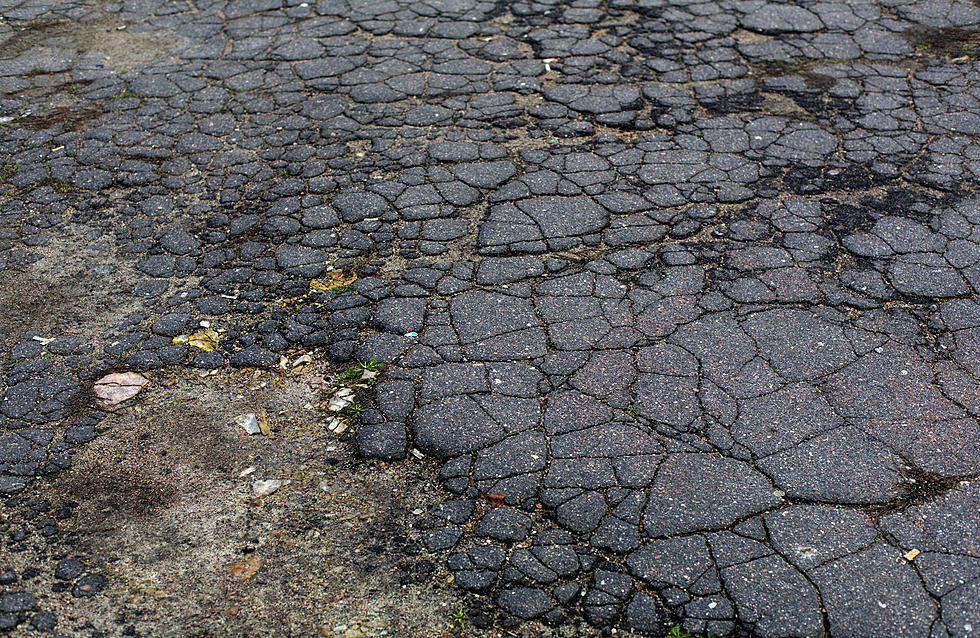
Report: How to restore NJ communities of color ravaged by COVID and racism
Cracks of structural racism in New Jersey's foundation have evolved into earthquakes during the coronavirus pandemic, according to a report released by the New Jersey Institute for Social Justice.
Any work to address disparities can't only target the pandemic's impact, but must work to create a more equitable New Jersey moving forward so that people of color are not disproportionately at risk in future crises, the organization says.
Repairing the Cracks: How New Jersey Can Restore Black & Brown Communities Ravaged by COVID-19 notes that the respiratory disease was the leading cause of death for Black New Jersey residents in 2020. Despite making up just 13% of the state's population, Black residents represent more than 25% of COVID-19 deaths. Latino individuals represent 41% of deaths from the disease in New Jersey, but make up approximately 22% of the population.
"Disparities in health come from a medical system that has, for years, underserved communities of color, particularly Black patients," said Laura Sullivan, director of economic justice at the Institute.
Black New Jerseyans, Sullivan added, were more likely to be on the front lines as essential workers, and were more likely to be laid off or face economic impacts, when the pandemic initially wreaked havoc on the state heading into the middle of 2020.
The report points out New Jersey's racial wealth gap, which is among the highest in the country. The individual net worth for Black and Latino people in New Jersey is $179. For white people, it's more than $106,000.
"So, unfortunately, it's not a surprise that Black people and other people of color were more vulnerable to the negative impacts, both health and economic, of the coronavirus pandemic," Sullivan said.
The report puts forth a list of short-term and long-term solutions for the Garden State. To repair damage caused by the pandemic, the report says, New Jersey should prioritize equitable vaccine distribution, ensure that vulnerable families are able to avoid eviction, and swiftly move ahead with a recent law that seeks to reduce youth contact with the criminal justice system.
To repair damage caused by generations' worth of systemic racism, the report adds, New Jersey should create a reparations task force that examines potential fixes — including monetary payments — for the harm caused by New Jersey's role in slavery.
Among other recommendations, the report suggests that New Jersey close its youth prisons and meaningfully fund a a community-based system of care, and that the state should create a guaranteed income program, which would offer regular cash payments to residents to stabilize and support long-term incomes.
Contact reporter Dino Flammia at dino.flammia@townsquaremedia.com.
What $10,000 could get you in NJ
Incredible, heartbreaking images of Ida's damage in New Jersey
More From New Jersey 101.5 FM









